SPONSOR: Betteru Education Corp. BTRU: TSX-V Connecting global leading educators to the mass population of India. BetterU Education has ability to reach 100 MILLION potential learners each week. Click here for more information

—————————————–

- According to a joint Whitepaper on the Digital Learning Market in India by Technopak and Simplilearn, the online professional education market in India is expected to grow at a CAGR of 30% to reach US$5.7bn by 2020, from the current US$2bn.
You’re reading Entrepreneur India, an international franchise of Entrepreneur Media.
Meet Nisha. A 13-year old student from a small village near Ahmedabad. She was recently introduced to computers and digital learning concepts at the government school she attends, and it piqued her interest. So much so, that it inspired her to create an app of her own, which opened up a whole new set of opportunities for her.
That is the power of digital learning.
In layman terms, digital learning is learning that’s assisted by computers, laptops, tablets and smartphones. While traditional methods of teaching are still in practice, digital learning can help make concepts easier to grasp and implement. This is in no way a tool to replace teachers, but instead to assist them in imparting their knowledge to a larger number of students who have limited access.
In other words, digital learning not only educates, but it also enables; and it empowers all the young lives it touches.
Growth of Digital Learning
The Indian education system, especially that in rural areas is rigged with problems ranging from infrastructural difficulties to a lack of teachers, and orthodox methods of teaching resulting in a high rate of dropouts. With the government’s impetus on Digital India initiatives, however, schools and educational institutions in the country are adopting digital learning tools to their repository. That, combined with the significant rise in internet penetration and the drop in the prices of smartphones in India, access to online learning resources is becoming ubiquitous.
According to a joint Whitepaper on the Digital Learning Market in India by Technopak and Simplilearn, the online professional education market in India is expected to grow at a CAGR of 30% to reach US$5.7bn by 2020, from the current US$2bn. This is setting the foundation for the increasing number of IT jobs that will open up in the next few decades, in fields we cannot even imagine today. Digital learning is definitely a game-changer for education in India but the key to success in this industry will be scalable growth that is based on sound engineering and technology benefits.
Leveraging the Power of Digital Learning
The teaching methodology in most Indian schools today consists of rote learning. In today’s hyper-competitive environment, however, rote learning without comprehension won’t take students far. If we digitize education, there are several ways we can revolutionize the current education system, making learning more effective. Here’s why:
It’s more engaging: Tools such as online assignments and video lectures to digital learning tools makes learning fun and engaging. For teachers as well, evaluation becomes easy through automation of mundane tasks like record keeping, lesson planning and so on. Moreover, with online access to individual student records, educators can offer personalized coaching and advice, or communicate specifics with parents.
It’s inclusive: Digital brings the world closer, even in the classroom. Interaction and collaboration between teachers, students and parents become seamless, as all teaching material and assessments can be brought on an open platform. Not only does this approach promote competency, but it also keeps students more motivated and engaged.
It goes beyond the classroom: Digital education transcends not just the classroom, but borders as well. As education becomes more interactive, students are free to discover exciting prospects in studies and collaborate with faculty beyond their institution. Teachers, on the other hand, can impart knowledge remotely, addressing the concern of lack of qualified educators in the country.
The future of education is digital. Going forward, this field will witness newer developments such as unconventional methods of learning, Gamification of the learning process, the live online interaction between the students and educators, and more, thanks to advancements in AI and technology. Those who seek to learn will find plenty of opportunities to do so, in a manner that is efficient and convenient at the same time.
Source: https://www.entrepreneur.com/article/323708






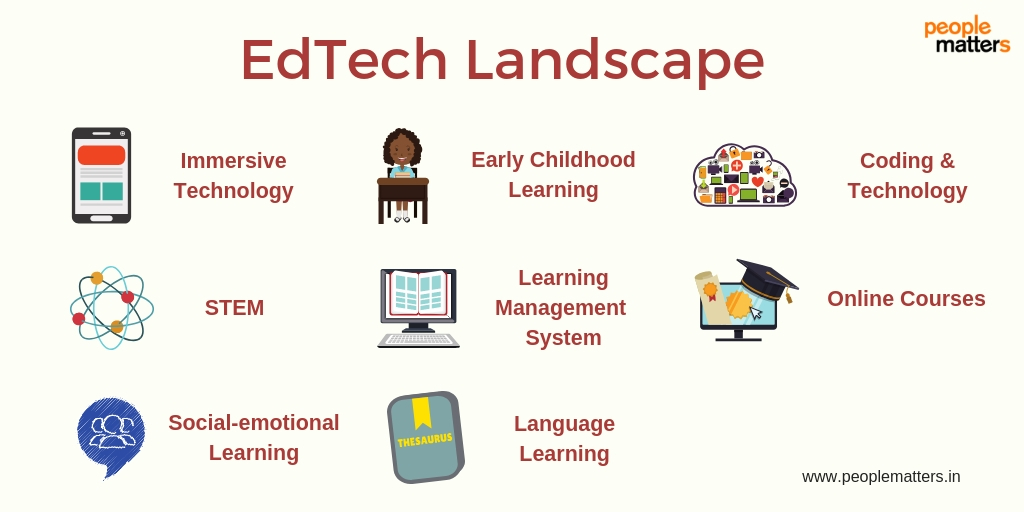
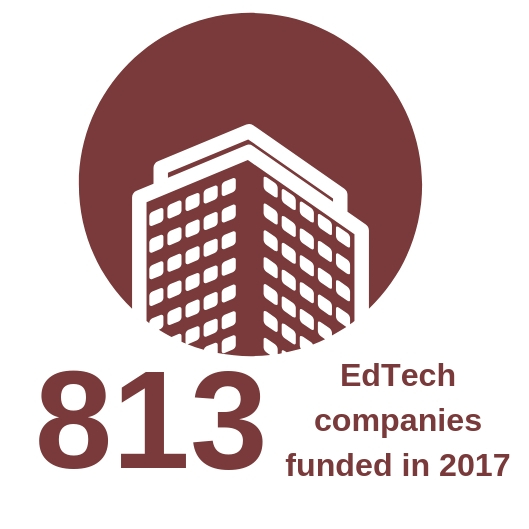 Â Â Â Â Â Â Â Â Â Â Â
           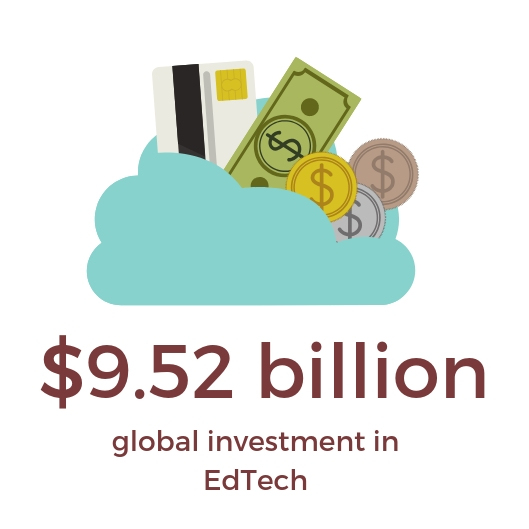       Â
       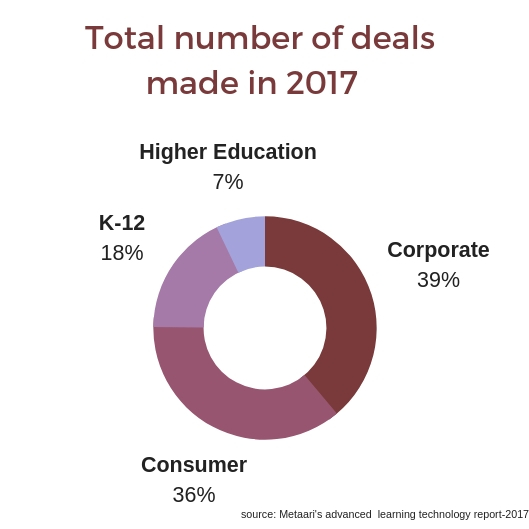    Â
    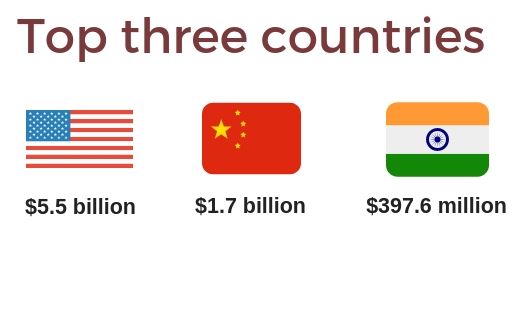 According to Metaari advanced learning technology report 2017, over $3.79 Bn was invested in corporate-facing educational technology companies in 2017, trailing consumer-facing companies by $60 Mn. Corporate training and education buyers across the globe are migrating rapidly away from legacy products like self-paced courseware and are now avid buyers of psychometric Game-based Learning, AI-based Learning, Cognitive Learning, and Mixed Reality Learning (that includes both VR and AR-based products).
According to Metaari advanced learning technology report 2017, over $3.79 Bn was invested in corporate-facing educational technology companies in 2017, trailing consumer-facing companies by $60 Mn. Corporate training and education buyers across the globe are migrating rapidly away from legacy products like self-paced courseware and are now avid buyers of psychometric Game-based Learning, AI-based Learning, Cognitive Learning, and Mixed Reality Learning (that includes both VR and AR-based products).


